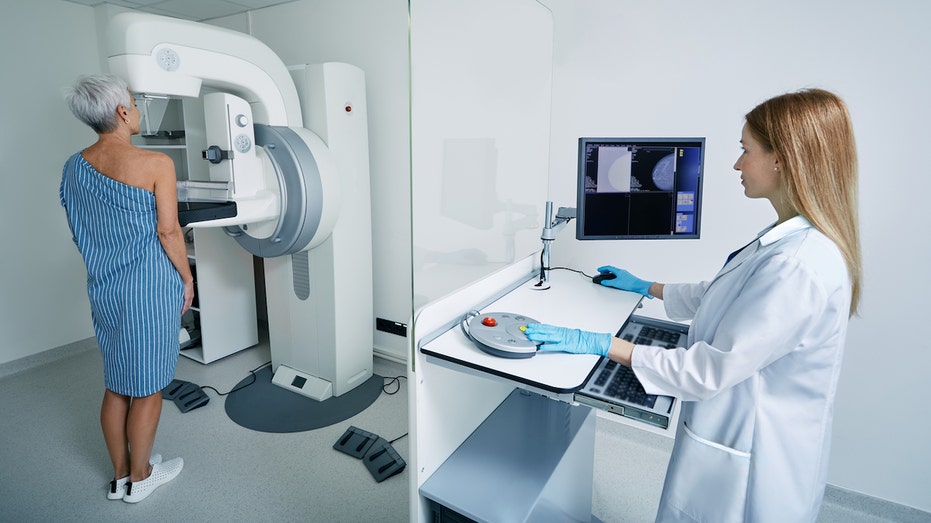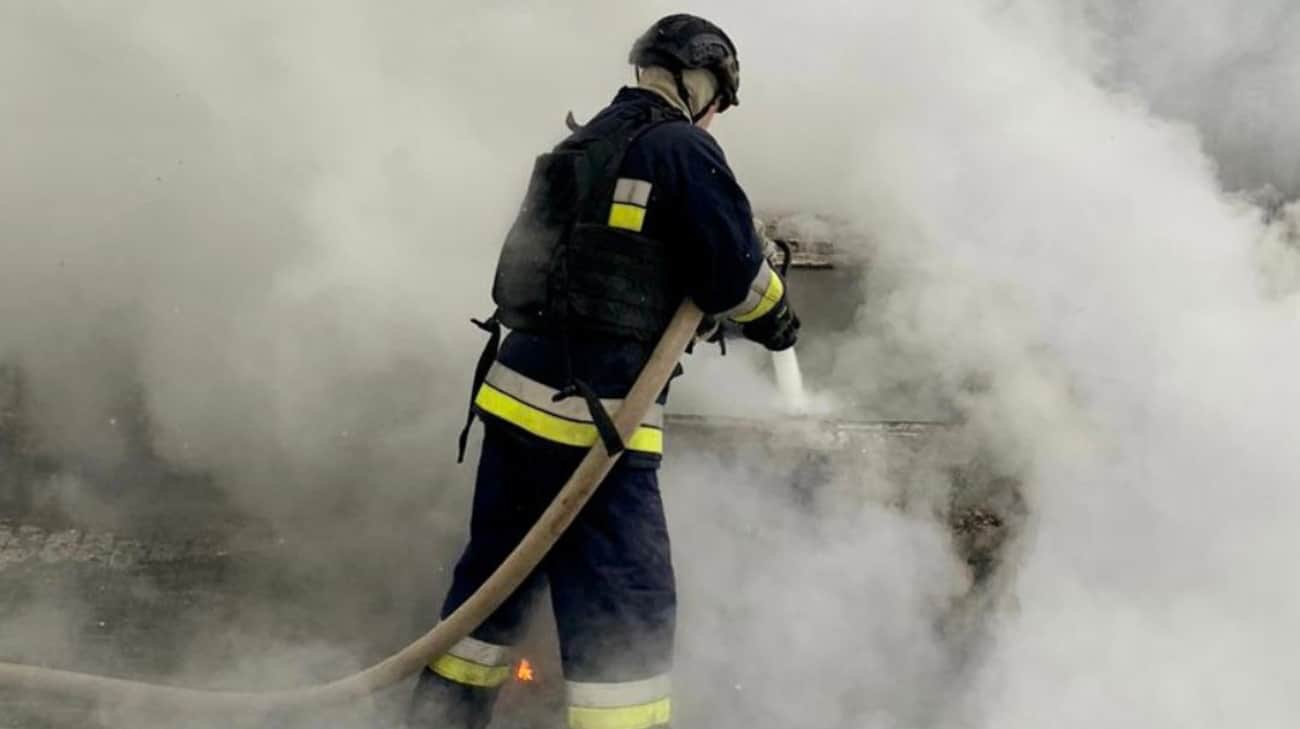Breast cancer breakthrough: AI predicts a third of cases prior to diagnosis in mammography study
Artificial intelligence predicted one-third of breast cancer cases prior to diagnosis in a new study from Norway. Experts weigh in on how this could impact the future of cancer care.

Artificial intelligence could have the capability to pinpoint cancer diagnoses a lot sooner.
A new study published in the journal Radiology last week noted that AI helped predict one-third of breast cancer cases up to two years prior to diagnosis.
The research surveyed imaging data and screening information from BreastScreen Norway exams performed from January 2004 to December 2019.
WHAT IS ARTIFICIAL INTELLIGENCE?
Women who were later diagnosed with breast cancer based on these exams were given an AI risk score by a "commercially available AI system," according to the study's findings.
The scores were ranked 1-7 for low-risk malignancy, 8-9 for intermediate risk and 10 for high-risk malignancy.
AI score and mammographic features, such as calcifications and breast density, were both assessed and tested in a total of 2,787 screening exams from 1,602 women at an average age of 59.
The results revealed that more than 38% of screening-detected and interval cancers scored a 10 for AI risk preceding a breast cancer diagnosis.
(Interval cancers are those that are detected between routine mammogram screenings.)
In cases of screening-detected cancers with AI scores available four years before diagnosis, 23% had a score of 10 for high risk.
Study co-author Solveig Hofvind, head of the Norwegian Breast Cancer Screening Program and professor of radiography at Oslo and Akershus University College of Applied Sciences in Norway, shared her thoughts on the outcome.
"We were surprised about the results, which means that a substantial portion of the cancers can be detected even earlier as [of] today, resulting in less aggressive treatment, and thus fewer side [effects] and late effects of treatment, [leading to] better quality of life," she wrote in an email to Fox News Digital.
BREAST CANCER DRUG COULD HAVE POTENTIALLY SERIOUS SIDE EFFECT, NEW RESEARCH REVEALS
Dr. Brian Slomovitz, director of gynecologic oncology at Mount Sinai Medical Center in Miami Beach, Florida, said he considered the study "very interesting." He was not involved in the research.
"There’s definitely a potential here for early detection, not necessarily for prevention," he said in an interview with Fox News Digital.
"This is a retrospective study," he added.
"It's going to be important that if we're going to translate this into a process, into clinical practice, we need to have the same findings done prospectively," Slomovitz added.
Still, he noted that the study is "very compelling."
"As an oncologist, we know that the best way to treat cancer is either to prevent it or to catch it at an early stage," he said.
"And if we can do a better job of catching cancers at an earlier stage with artificial intelligence, that will translate into a better outcome for our patients."
AI TECH AIMS TO DETECT BREAST CANCER BY MIMICKING RADIOLOGISTS’ EYE MOVEMENTS: 'A CRITICAL FRIEND'
The doctor also predicted future applications of AI in preventing, diagnosing and treating all cancers.
"I'm quite certain that with more and more implementation of artificial intelligence, we're going to use this technology in future studies to help determine if we can diagnose all cancers earlier," Slomovitz said.
"It’s the research that's going to come up with ways to give better outcomes to our patients," he added. "So, it's exciting data."
In an email exchange with Fox News Digital, AI expert and emergency medicine physician Dr. Harvey Castro from Dallas, Texas, said he considered the study a "significant advancement" in the early detection of breast cancer.
OVARIAN CANCER COULD BE DETECTED EARLY WITH A NEW BLOOD TEST, STUDY FINDS
"Early detection can lead to timely interventions, potentially improving patient outcomes and reducing the severity of treatments required," he said.
Castro said AI algorithms can "consistently analyze vast amounts of data without fatigue, ensuring that screenings are diagnosed with the same level of precision every time."
"AI can serve as a second pair of eyes, assisting radiologists in identifying potential malignancies that might be missed during manual screenings," he said.
CLICK HERE TO SIGN UP FOR OUR HEALTH NEWSLETTER
Castro did warn, however, that even though these findings are a gateway to better cancer care, solo dependence on AI in this capacity could lead to "missed diagnoses if the software fails to detect certain malignancies."
He noted, "AI might identify benign lesions as malignant, leading to unnecessary patient stress and interventions."
Overall, artificial intelligence’s capability to learn as it goes will improve its accuracy, Castro said, leading to even better outcomes in the future.
Castro added, "While AI presents promising advancements in mammography screenings and cancer diagnosis, it's essential to approach its integration cautiously, ensuring that it complements, rather than replaces, the expertise of medical professionals."



